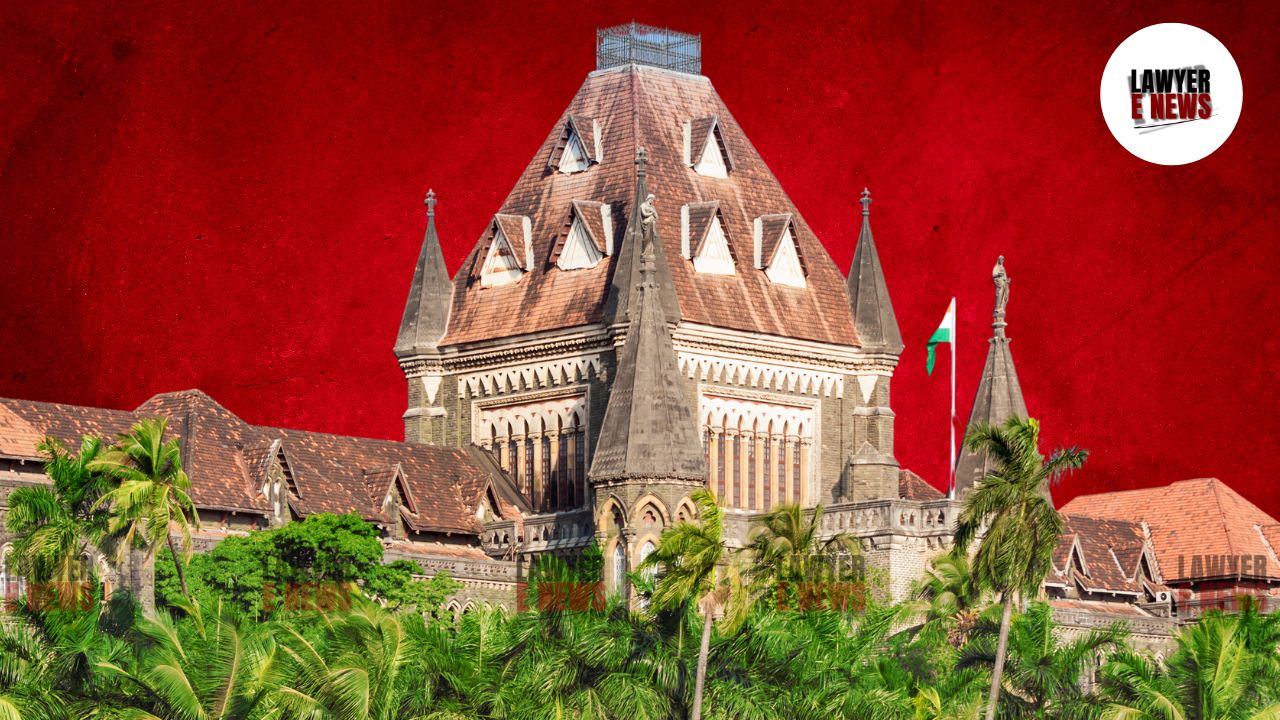-
by sayum
14 February 2026 2:22 PM



The Bombay High Court, Nagpur Bench, has overturned the conviction of an executive engineer, Shri Shankar Babarao Mukkawar, who was previously sentenced for corruption charges. The Court found that the prosecution failed to prove the essential element of demand for bribe, and the sanction for prosecution was granted without due authority. The judgment, delivered by Justice Urmila Joshi-Phalke on August 19, 2024, underscores the requirement of clear evidence for demand in corruption cases and the necessity of a valid sanction.
Shankar Mukkawar, the accused, served as an Executive Engineer with the Maharashtra Jivan Pradhikaran (MJP) in Wardha. His duties involved overseeing water supply projects, including a contract with M/s Vatcons for the “Augmentation to Girad and Peth villages Combined Water Scheme.” The firm alleged that despite completing the project, Mukkawar delayed clearing their bills and falsely claimed they had missed the deadline, proposing a fine of ₹1,000 per day from August 1, 1999. To waive this fine, it was alleged that Mukkawar demanded a bribe of ₹25,000.
Unwilling to pay, the complainant, Shrikant Tankhiwale, approached the Anti-Corruption Bureau (ACB), leading to a trap being laid on March 18, 2000. During the trap, Mukkawar was arrested after accepting ₹10,000, part of the demanded amount. The trial court convicted Mukkawar under Sections 7 and 13(1)(d) of the Prevention of Corruption Act, sentencing him to three and five years of rigorous imprisonment, respectively.
The Court highlighted that proving the demand for a bribe is critical to establishing guilt in corruption cases. Justice Joshi-Phalke found discrepancies in the prosecution’s case regarding the alleged demand. The complainant testified that Mukkawar demanded money on three occasions—February 7, March 13, and March 16, 2000. However, the Court noted that no independent corroboration supported these claims, as the complainant’s business partner, who was allegedly present during the demands, was not examined as a witness.
The key event of March 16, when Mukkawar allegedly demanded money in his office, was also questioned. Documentary evidence indicated that the complainant had submitted a proposal on March 18, contradicting his claim of meeting Mukkawar on March 16. Furthermore, no visitor’s slip was produced for the complainant’s earlier visits, casting doubt on the authenticity of the alleged demands.
The Court was particularly critical of the claim that Mukkawar demanded the bribe on the day of the trap by raising his eyebrows, a gesture interpreted as a signal to pay. Justice Joshi-Phalke ruled that such ambiguous gestures could not be considered a definitive demand for a bribe. Citing precedents, the Court held that a clear and specific demand must be established to constitute an offense under the Prevention of Corruption Act.
"The alleged gesture of raising eyebrows is insufficient to prove demand. The evidence does not indicate any precise monetary demand that can be unequivocally linked to bribery," the Court observed.
The Court also invalidated the sanction granted for prosecuting Mukkawar. The sanction was issued by Suresh Salvi, who testified that he had the authority to sanction prosecution. However, during cross-examination, Salvi admitted that no documentary evidence proving his delegated authority was on record. He also conceded that the resolution delegating such powers was not submitted to the Anti-Corruption Bureau (ACB).
Referring to Supreme Court precedents, the High Court emphasized that granting sanction is a solemn act requiring full application of mind. In this case, the absence of proper delegation and procedural lapses rendered the sanction invalid. "The sanctioning authority must be fully aware of the facts and must make a conscious decision based on all relevant materials. In this case, the prosecution failed to establish that such a process was followed," the judgment noted.
In acquitting the accused, the Bombay High Court reinforced the legal principles surrounding corruption cases, particularly the need for unambiguous proof of demand and proper sanction. The decision underscores the importance of procedural safeguards to prevent wrongful convictions in corruption cases.
The judgment is expected to impact future cases where demand is inferred through indirect actions or gestures and highlights the judiciary's commitment to upholding the rights of the accused in cases of alleged corruption.
Date of Decision: August 19, 2024
Shri Shankar Babarao Mukkawar vs. State of Maharashtra
